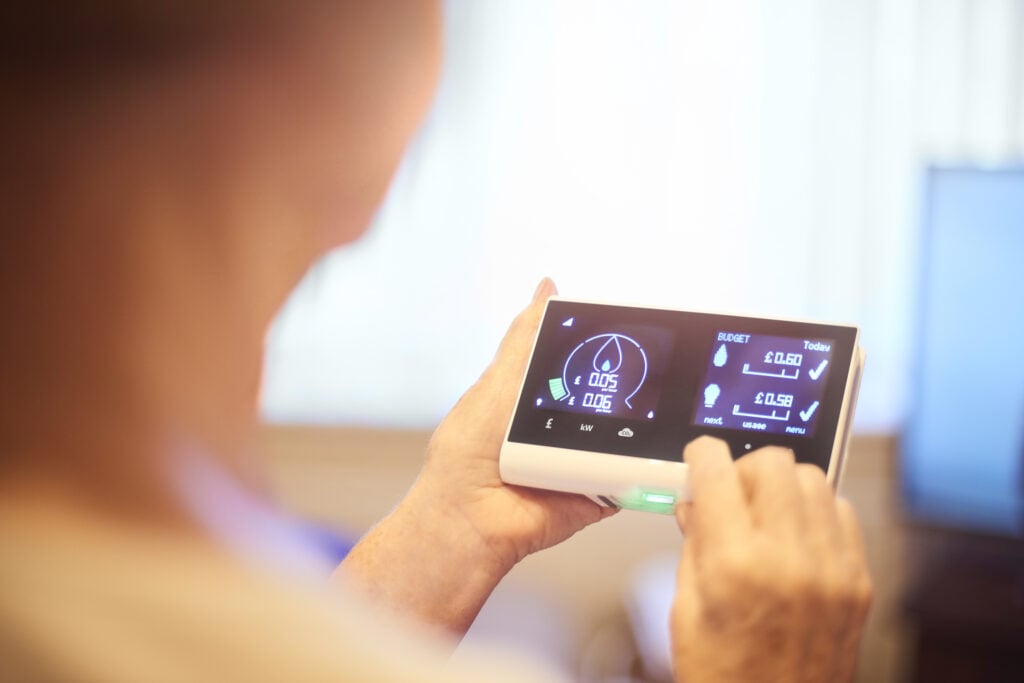The Data Communications Company (DCC) has hailed a new landmark in the rollout of smart meters, as the 20 millionth device was connected to its national network.
Utilita Energy Ltd installed the milestone smart meter on 4 May at 11:57am in Brighton.
In April, ElectraLink similarly found that there had been 17.85 million cumulative smart meter installations in Britain.
The installation means that the DCC’s network has more than doubled in 14 months, with just a few hundred smart meters connected back in the summer of 2018.
“Credit for that goes to everyone involved in the smart metering rollout, particularly our customers, the energy companies and network operators, who’ve worked really hard with us,” DCC CEO, Angus Flett, said welcoming the milestone.
“This network is the backbone of a new digital energy infrastructure in Britain, as we transform our energy system. Crucially, the data we carry from these 20m meters enables the best possible use of renewable energy sources, which everyone wants.”
Along with the installations of second generation smart meters picking up pace, first-generation smart meters have also been updated and connected to the DCC network over this period.
Together this has meant that the number of messages carried across the network has increased exponentially, with some 897 million messages relayed between smart meters and suppliers in April 2022 alone.
Geographically, the midlands has been the fastest to adopt smart meters with North Kesteven the first area to reach over 60% take-up of smart meters.
The top five areas for installations are:
- North Kesteven, Lincolnshire (61%)
- North West Leicestershire (59%)
- Harborough, Leicestershire (59%)
- South Derbyshire (58%)
- Rugby, Warwickshire (57%)
Smart meters are expected to play an invaluable role in the transition to a net zero energy system in Britain, providing significant flexibility and allowing households to reduce their consumption.
According to government research, the installation of a smart meter reduces a households energy consumption by an average of 2%. While a survey from Smart Energy GB found that households that utilise their smart meter to reduce their consumption can cut it by 18%, saving an average of £366.24 over the course of a year.
Current± recently took a look at the role of smart meters in delivering energy security in Britain, in light of the energy security strategy and the ongoing concern around surging power prices.





